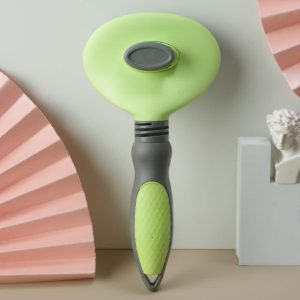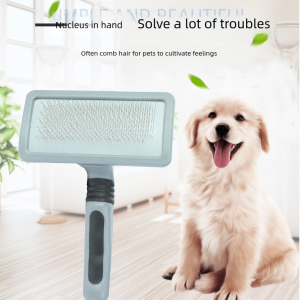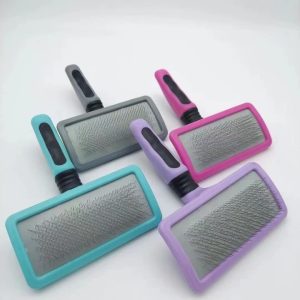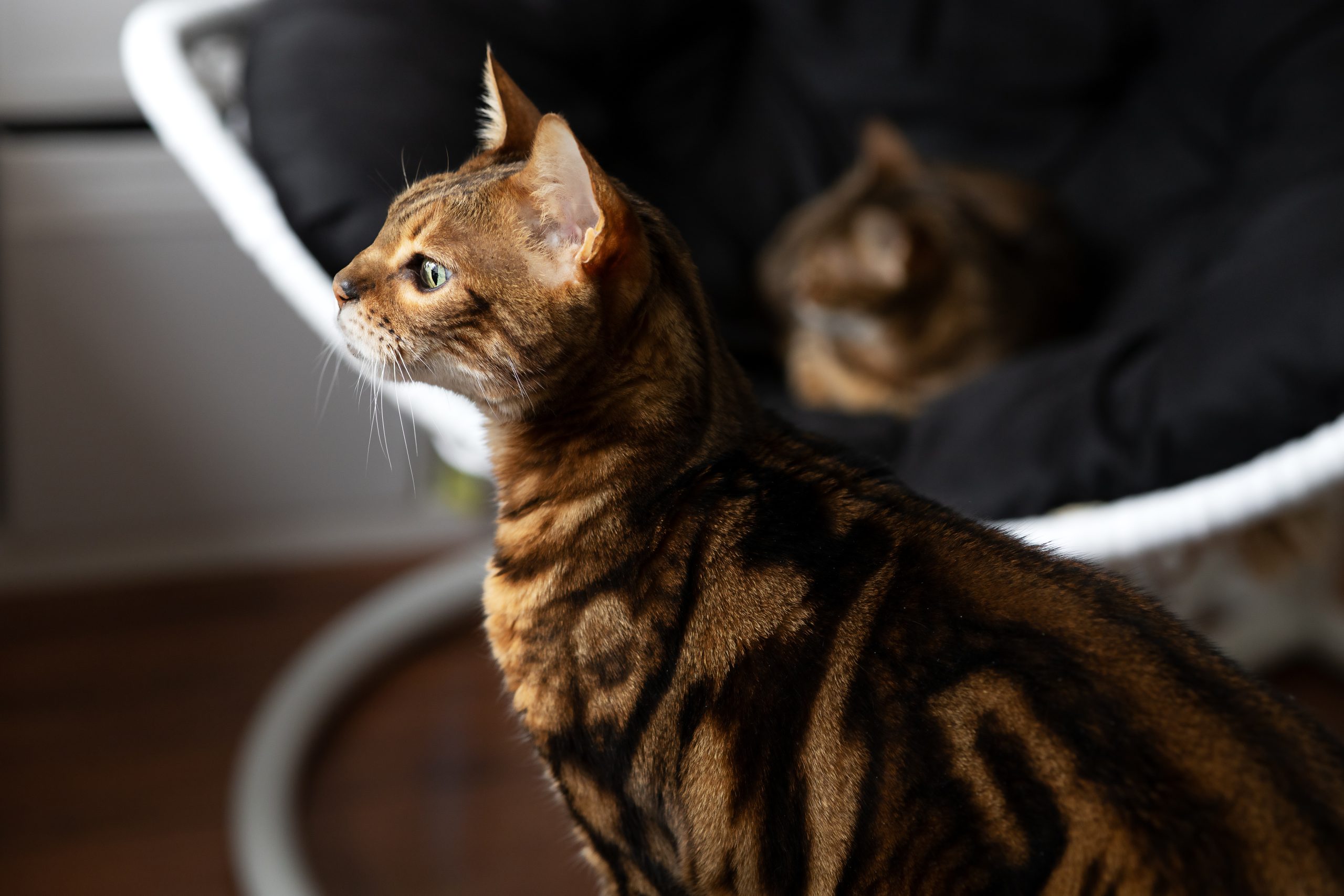
Flawless Pet Supplies
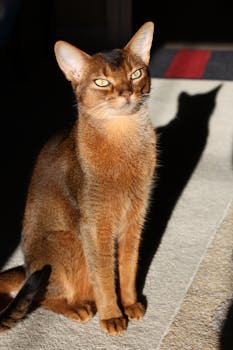
The Abyssinian Cat: A Comprehensive Guide
- By Kevin
The Abyssinian cat, often referred to as the “Aby,” is one of the oldest and most beloved cat breeds in the world. Known for their striking appearance and engaging personality, Abyssinians have captured the hearts of cat enthusiasts globally. This article delves into the history, characteristics, care requirements, and unique traits of the Abyssinian cat, providing valuable insights for both current and prospective cat owners.
History of the Abyssinian Cat
The origins of the Abyssinian cat are shrouded in mystery, with several theories about their beginnings. One popular belief is that they are descendants of the sacred cats of ancient Egypt, given their resemblance to the felines depicted in Egyptian art. However, the breed's modern history can be traced back to the late 19th century.
Early Beginnings
The first documented Abyssinian cat was brought to England from Abyssinia (modern-day Ethiopia) in the 1860s. This cat, named Zula, is often credited with being the progenitor of the breed. However, genetic studies suggest that the breed may have originated from the coastal regions of the Indian Ocean and Southeast Asia.
Development and Recognition
By the early 20th century, Abyssinians had gained popularity in Europe and North America. The breed was officially recognized by the Cat Fanciers' Association (CFA) in 1917. Today, Abyssinians are one of the most popular and well-loved cat breeds worldwide.
Physical Characteristics
Abyssinians are medium-sized cats with a distinctive appearance. Their most notable feature is their ticked coat, which gives them a wild, almost jungle-like look.
Coat and Color
The Abyssinian's coat is short, fine, and dense, with each hair featuring multiple bands of color. This “ticking” effect creates a shimmering appearance. The most common coat color is ruddy, but Abyssinians can also be found in red, blue, and fawn.
Body Structure
Abyssinians have a lithe, muscular build with a slightly arched back and long, slender legs. Their almond-shaped eyes, which can be gold, green, or hazel, add to their exotic appearance. They also have large, pointed ears that give them an alert and inquisitive look.
Personality and Behavior
Abyssinians are known for their lively and playful nature. They are highly intelligent and curious, often described as “dog-like” in their behavior.
Playfulness and Activity Level
Abyssinians are incredibly active and require plenty of mental and physical stimulation. They enjoy interactive toys, climbing structures, and puzzle feeders. Their playful nature makes them excellent companions for families with children or other pets.
Social Nature
Abyssinians are social cats that thrive on human interaction. They are known to form strong bonds with their owners and enjoy being involved in daily activities. However, they can be somewhat independent and may not be as cuddly as some other breeds.
Care and Maintenance
While Abyssinians are relatively low-maintenance compared to some other breeds, they do have specific care requirements to ensure their health and happiness.
Grooming
The Abyssinian's short coat requires minimal grooming. Weekly brushing is usually sufficient to remove loose hairs and keep their coat looking its best. Regular nail trimming, ear cleaning, and dental care are also important aspects of their grooming routine.
Diet and Nutrition
Abyssinians are active cats that require a balanced diet to support their energy levels. High-quality commercial cat food, either dry or wet, is generally recommended. Some owners also choose to supplement their cat's diet with raw or homemade food, but it's essential to consult with a veterinarian to ensure nutritional balance.
Health Considerations
Abyssinians are generally healthy cats, but they can be prone to certain genetic conditions, such as:
- Progressive Retinal Atrophy (PRA)
- Renal Amyloidosis
- Patellar Luxation
Regular veterinary check-ups and genetic testing can help identify and manage these conditions early.
Unique Traits and Fun Facts
Abyssinians have several unique traits that set them apart from other cat breeds.
Vocalization
While not as vocal as some breeds, Abyssinians are known to communicate with a soft, chirping sound rather than a traditional meow. This endearing trait adds to their charm.
Agility and Athleticism
Abyssinians are incredibly agile and love to climb and explore. They excel in feline agility competitions and enjoy activities that challenge their physical abilities.
Longevity
With proper care, Abyssinians can live long, healthy lives. Their average lifespan ranges from 12 to 15 years, with some living well into their late teens.
Conclusion
The Abyssinian cat is a remarkable breed with a rich history, striking appearance, and engaging personality. Their playful and social nature makes them excellent companions for those willing to provide the mental and physical stimulation they require. With proper care and attention, Abyssinians can bring joy and companionship to their owners for many years. Whether you're a seasoned cat owner or considering your first feline friend, the Abyssinian is a breed worth exploring.
“`
Related Posts

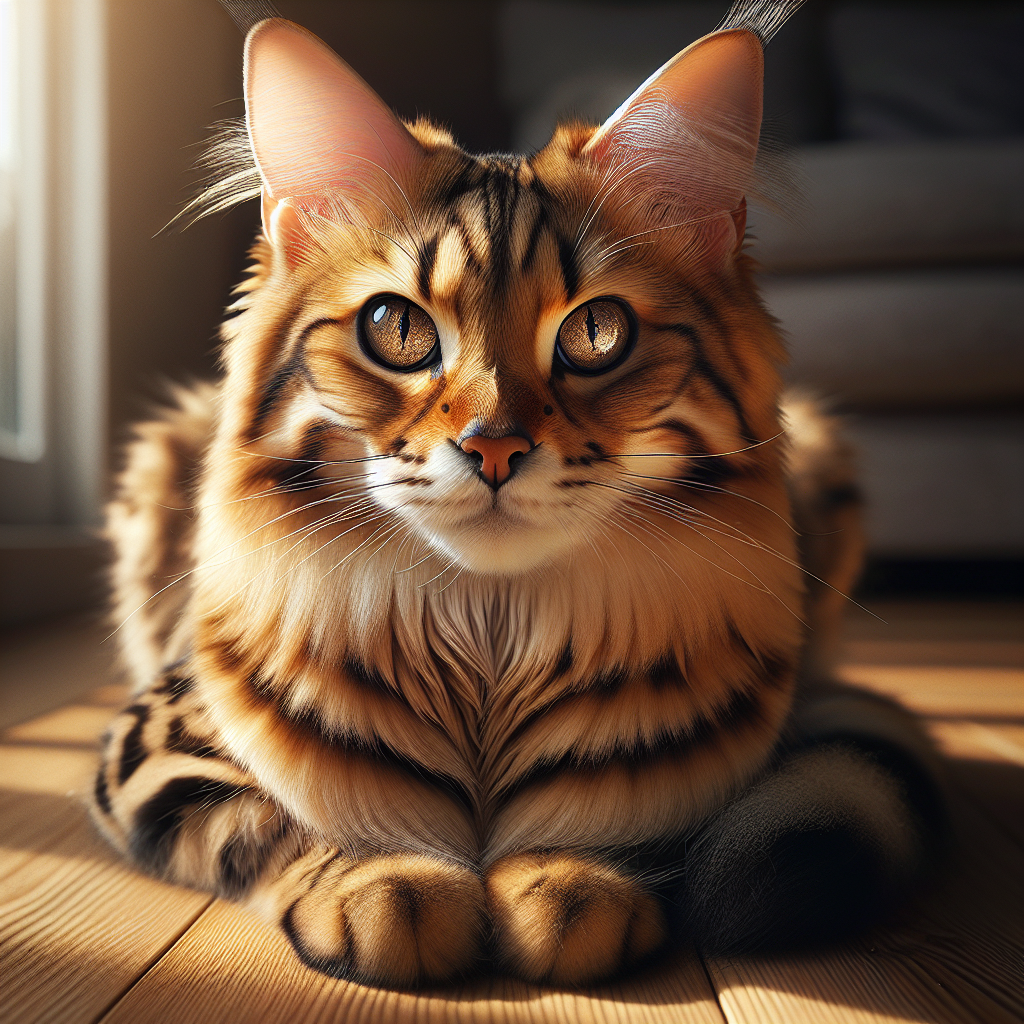
American Bobtail: A Comprehensive GuideAmerican Bobtail






